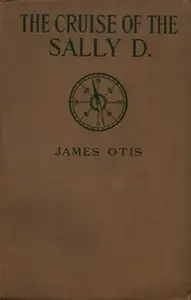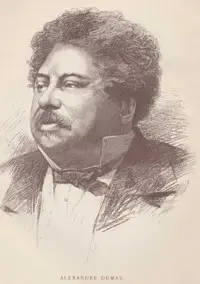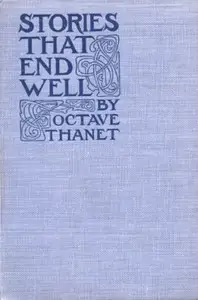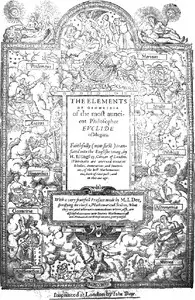"An Enquiry Concerning the Principles of Morals" by David Hume is a philosophical treatise written in the 18th century that delves into the foundation of moral principles and ethics. The discourse focuses on whether morals are a product of reason or sentiment, examining the social virtues of benevolence and justice while discussing the implications of each on human behavior and society. The opening portion of the work introduces the author’s perspective on the nature of moral distinctions, positing that moral disagreements often stem from obstinate adherence to opinions rather than rational discourse. Hume outlines the contemporary philosophical debate regarding the origins of morality, engaging with ancient and modern viewpoints on whether morals derive from rational thought or innate feelings. He suggests that the essence of morality is intertwined with social virtues, indicating that attributes like benevolence should inherently elicit public approval since they contribute positively to society's functioning. Through this inquiry, Hume sets a foundation for exploring the significance of moral judgments and the factors influencing them throughout the text. (This is an automatically generated summary.)

An Enquiry Concerning the Principles of Morals
By David Hume
"An Enquiry Concerning the Principles of Morals" by David Hume is a philosophical treatise written in the 18th century that delves into the foundation...
David Hume was a Scottish philosopher, historian, economist, and essayist who was best known for his highly influential system of empiricism, philosophical scepticism and metaphysical naturalism. Beginning with A Treatise of Human Nature (1739–40), Hume strove to create a naturalistic science of man that examined the psychological basis of human nature. Hume followed John Locke in rejecting the existence of innate ideas, concluding that all human knowledge derives solely from experience. This places him with Francis Bacon, Thomas Hobbes, John Locke, and George Berkeley as an empiricist.


















